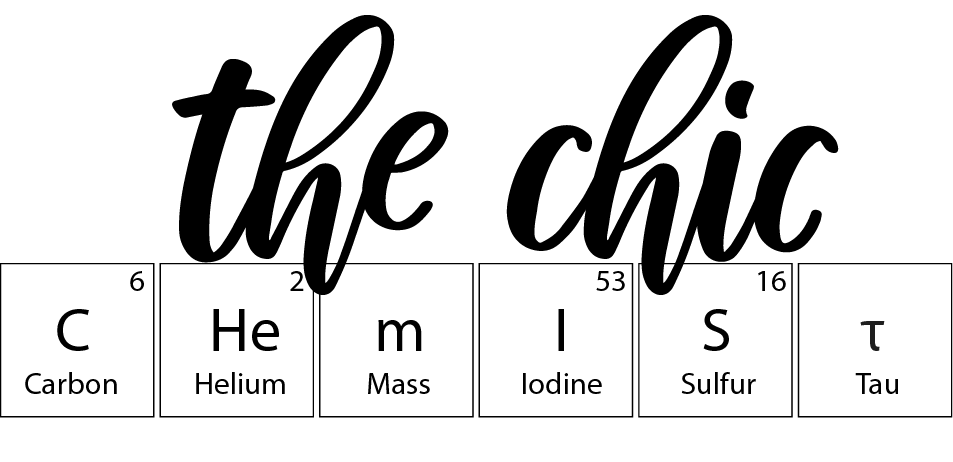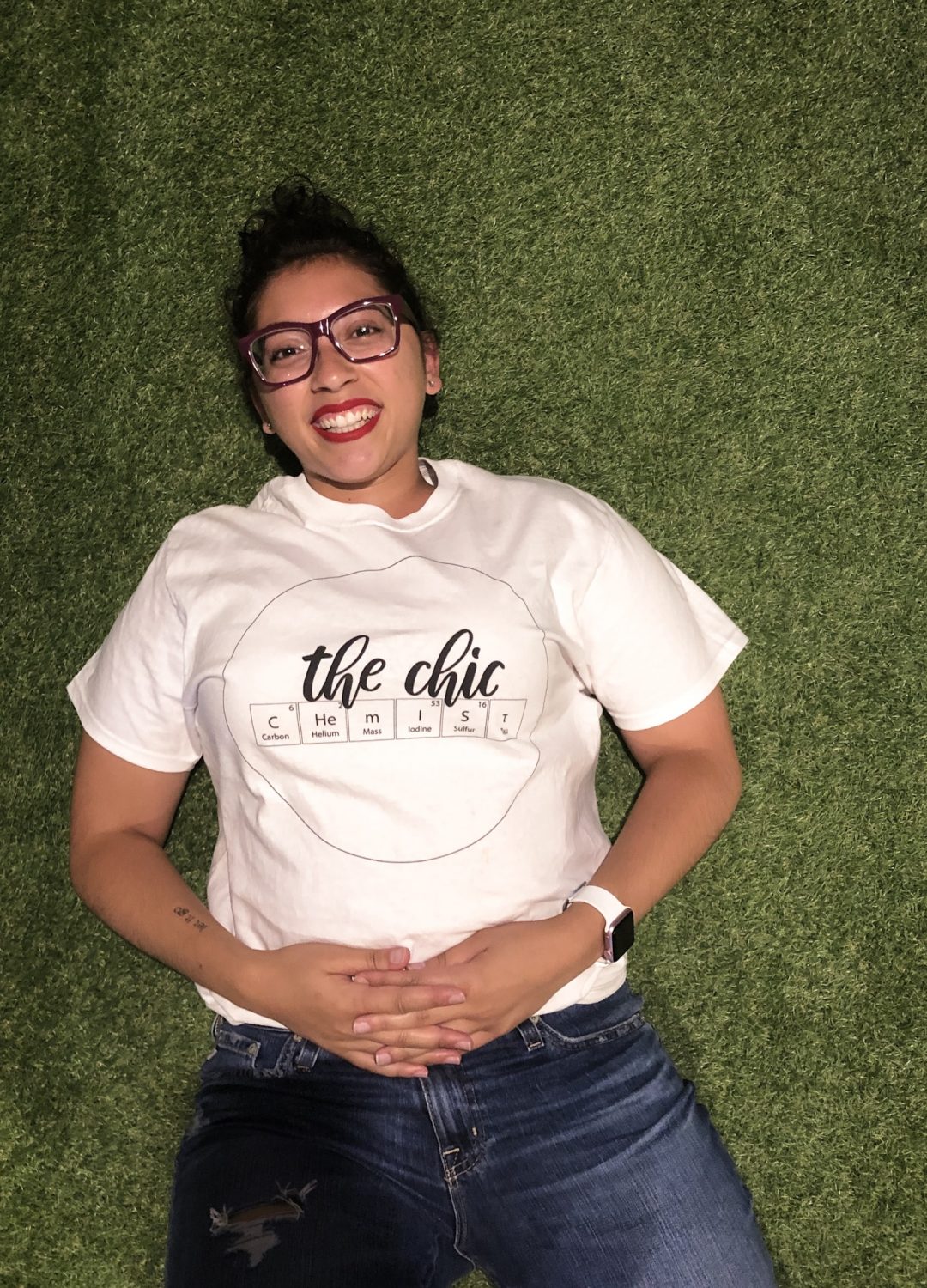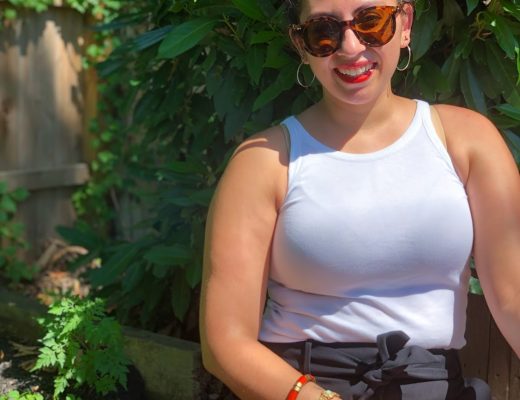We all get itchy sometimes in all parts of our bodies but what happens when that itchiness is uncomfortable and just won’t go away for a longer period of time? It could be a type of psoriasis or eczema. I have eczema patches on my elbows. I’m the lucky one who only has small patches but others can have huge areas covered in red itchy areas on their body. I never knew what exactly eczema was so I figured there has to be other people out there who also don’t know. So let’s get into it!
AS ALWAYS HERE IS MY STATEMENT SAYING I AM NOT A DOCTOR JUST A SUPER TRENDY SCIENTIST WANTING TO BRING INFORMATION TO THE MASSES. RANT OVER.
The technical name of eczema is atopic dermatitis. It is a condition that makes your skin red and itchy that is most common in children but also can happen at any age. Eczema is a chronic condition which means it is a lifelong issue that has periodic flare ups. My eczema flares up on my elbow as a little patch of red skin that itches like crazy. It’s recommended that avoiding harsh soaps, moisturizing skin regularly, and applying medicated creams or ointments will help take care of the symptoms.
The symptoms can vary person to person but for the most part they include: dry itchy skin, red patches on extremities, raised bumps that can leak fluid or crust over, thick scaly skin, and raw sensitive skin. If you feel like these symptoms are unmanageable definitely go see a doctor. It’s so important to take care of yourself so never hesitate to see a specialist if you need to.
The cause of eczema is a gene variation that affects the skin’s ability to provide protection. So when you can’t protect the skin from irritants, you get that itchy patch flare up. Usually it is the type of condition that is seen in families. So if your parents have eczema you may have it also. I have a cousin with severe eczema but mine isn’t as bad. But since we have similar genes, it’s no surprise we both have the genetic variation.
When you have eczema you have to be super aware of the complications that can occur. You are more likely to experience asthma and hay fever as well as scaly skin. It’s also so important to try your best to not break the skin on the bumps as to not produce an infection.
The easiest way to manage the symptoms is to take moisturizing very seriously. I like to use gold bond on my elbows, especially when I have a flare up. Another thing you can consider is to monitor your daily activities and eating patterns to see what triggers your eczema flares. You can take warm showers rather than hot ones and try to apply lotion when your skin is slightly damp.
You can also try medications. A corticosteroid is an option. I should mention I worked in topical creams, lotions, gels, ointments and specifically corticosteroids. I believe highly in them because I have made them using my science brain and I trust that what I’ve put my hard work into them. So use them if you feel comfortable. There are also calcineurin inhibitors that affect the immune system but they come with a huge warning. They can cause cancer. You will have to use them at your own risk. Antibiotics can be used as well as oral corticosteroids.
Those with severe eczema can use a new treatment approved by the FDA which is an injectable biologic. There isn’t much still known beside the clinical testing but it could be worth a try for those who are really suffering.
And if all those don’t work, go talk to someone. It can be so helpful to talk to someone who is trained in talk therapy to see if just talking about it can release any tension or stress about it.
It doesn’t have to be a scary or daunting topic. You can tackle eczema with the right resources. You and I deserve a life we enjoy!!
I hope by breaking down the condition, it makes it less horrible for someone! It has definitely helped me!!
Xox, Z




